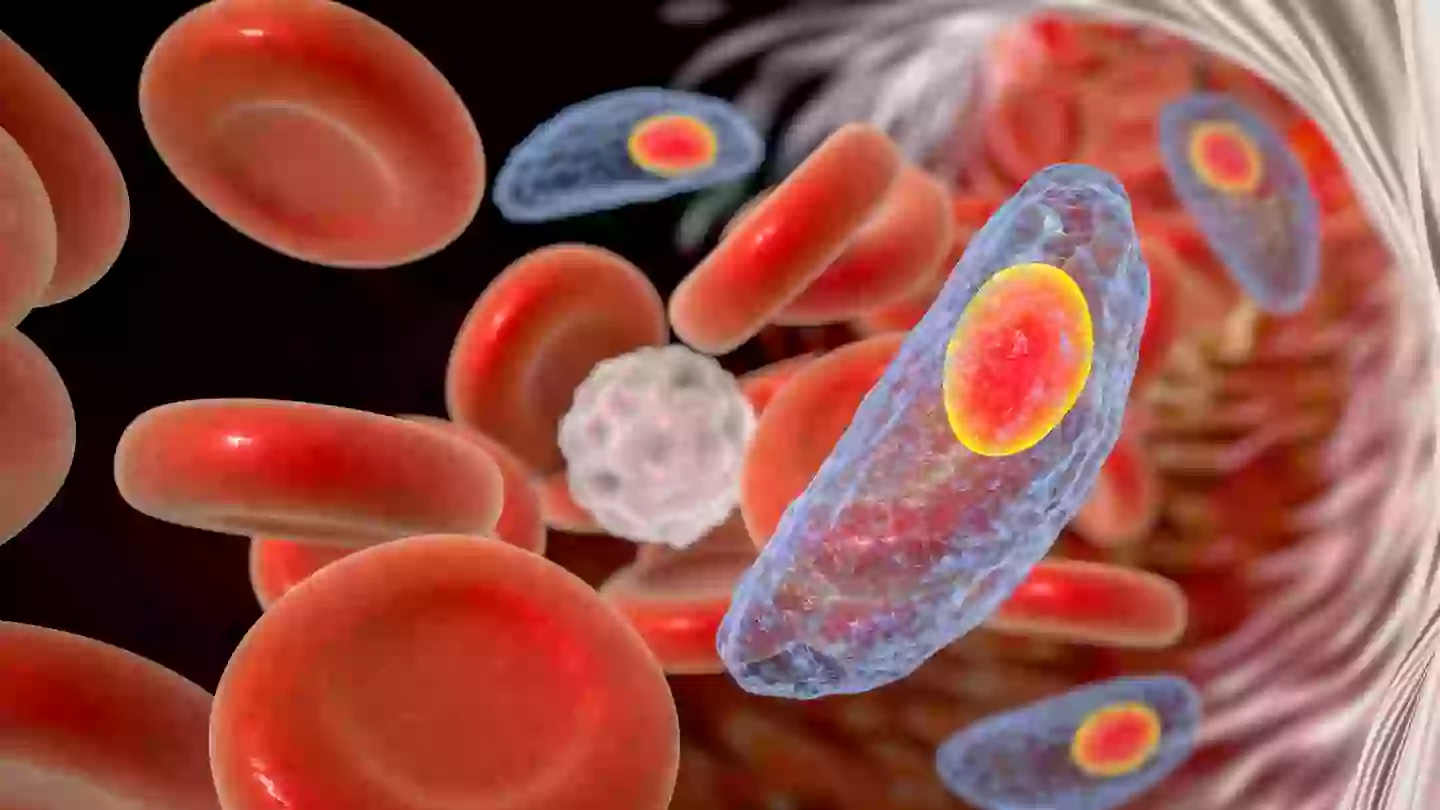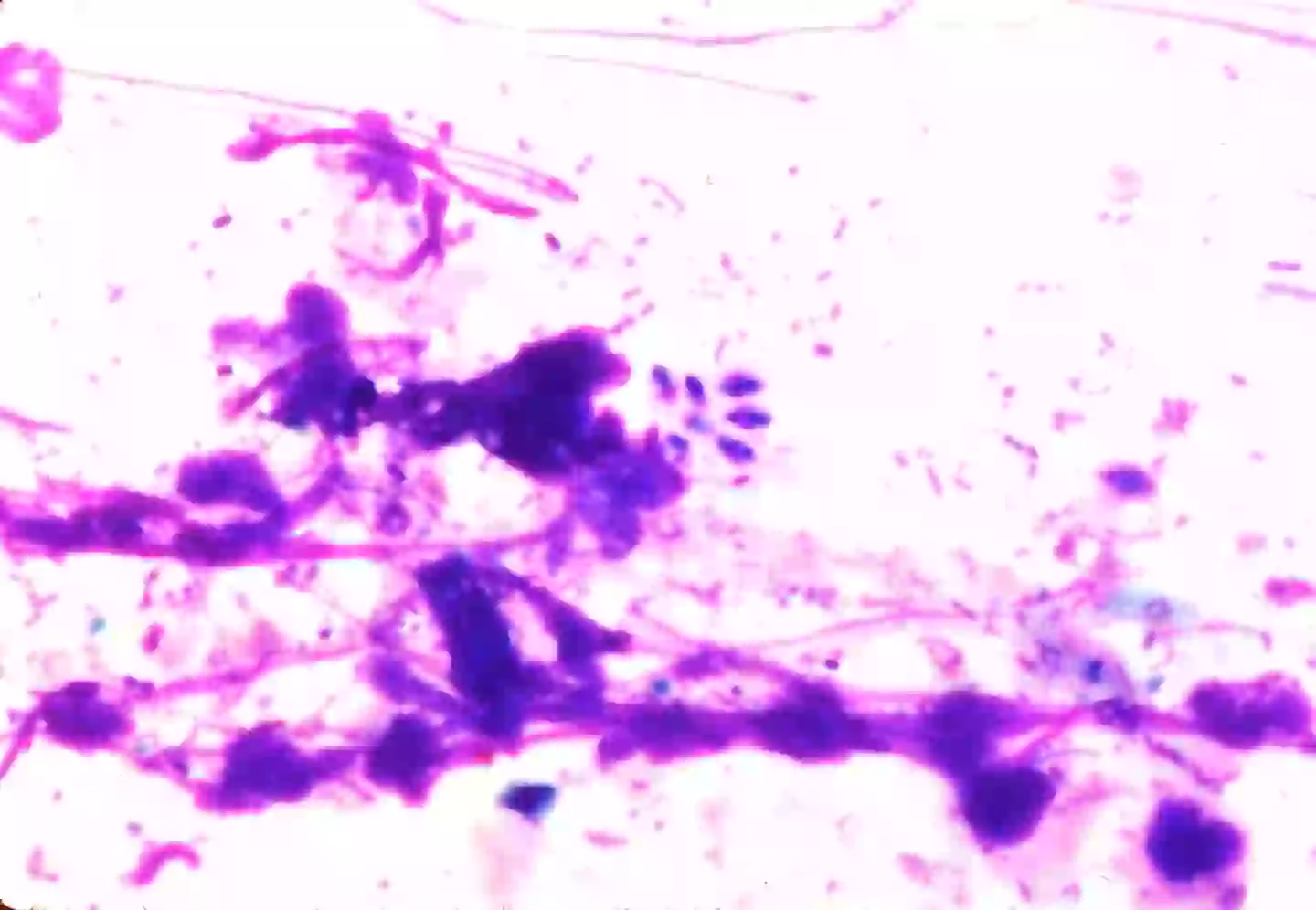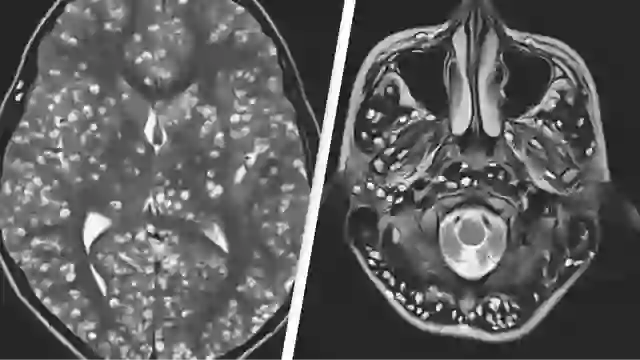A surprising study has revealed that up to 30% of Americans might be carrying a parasite that can quietly affect their brains. Scientists at the University of California, Riverside, estimate that over 100 million people could be infected with Toxoplasma gondii, or T. gondii, often without any symptoms (Getty Stock Photo). This tiny bug can have a big impact, and learning about it might change how you handle everyday tasks like cooking or cleaning.

You can catch T. gondii from undercooked meat or by touching contaminated cat litter. According to research published in PLoS Pathogens, this parasite can sneak into brain cells, infecting neurons and disrupting tiny packets called extracellular vesicles that help cells talk to each other. This can upset the brain’s balance, leading to high levels of a chemical called glutamate, which is linked to seizures and other brain issues (Getty Stock Photo).

Emma Wilson, who led the research, says even a few infected neurons can throw off the brain’s chemistry, and the parasite can stay quiet for years before causing problems. Using mice and human cells, her team found that T. gondii might play a bigger role in brain disorders than we thought. Our brains may have ways to spot infected cells, and Wilson hopes this could lead to new ways to protect people, especially those most at risk.
While tests can show if you’ve been exposed to T. gondii, they can’t tell if it’s still active. Most people never notice it, so there’s no need to worry about being around others. Pregnant women should take extra care, though, as the parasite can cause birth defects if caught during pregnancy. Simple habits like cooking meat thoroughly, washing vegetables, and cleaning hands after handling cat litter—especially from young cats—can keep you safe (Getty Stock Photo).

This study is a reminder that tiny threats can hide in plain sight, but with a few smart habits, we can protect ourselves. It’s a fascinating look at how science is uncovering hidden risks and working to keep our brains healthy for the future.


